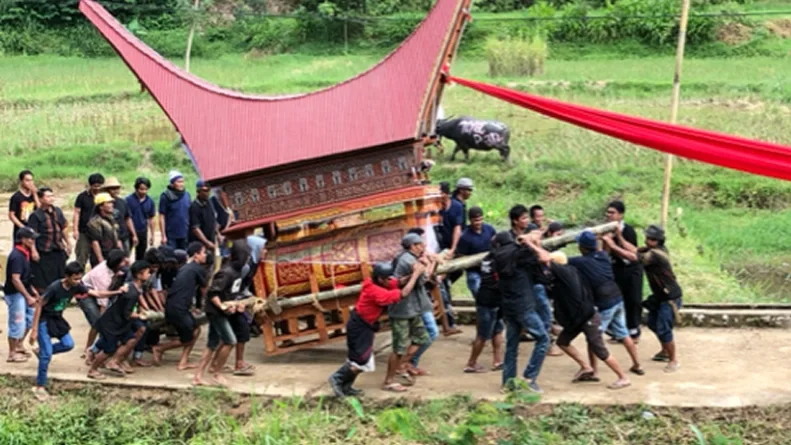About Harvey
Harvey Whitehouse is a Statutory Professor of Social Anthropology and a Fellow of Magdalen College at the University of Oxford. Harvey is one of the founders of the cognitive science of religion field. He is especially well known for his theory of “modes of religiosity” that has been the subject of extensive critical evaluation and testing by anthropologists, historians, archaeologists, cognitive scientists, and evolutionary theorists. The modes theory proposes that the frequency and emotionality of rituals determines the scale and structure of religious organizations: low-frequency, highly arousing rituals bind together small but very cohesive groups of participants; high-frequency, less emotionally intense rituals create large anonymous communities that are more diffusely integrated.
In recent years, Harvey’s work has expanded beyond religion to examine the role of rituals of all kinds in binding groups together and motivating inter-group competition, including warfare. This research has become increasingly global in reach with ongoing data collection now established at field sites in Asia, Europe, Africa, Oceania, Australasia, South America, and North America.
In addition to his research endeavours, Harvey has been heavily involved in the creation of new academic programmes. He was founding director of the Institute of Cognition and Culture at Queen’s University Belfast and of Oxford’s Centre for the Study of Social Cohesion. From 2006 to 2009, he served as head of Oxford’s School of Anthropology and Museum Ethnography, establishing the Institute of Cognitive and Evolutionary Anthropology in 2007. During this period, he also led efforts to create the Calleva Research Centre for Evolution and Human Sciences at Magdalen College and became founding director of Seshat: Global History Databank. In 2014, he co-founded the Centre for the Resolution of Intractable Conflicts at Harris Manchester College.
Major Projects
This project explores spiritual practices that exist outside the sanctions of organised religions and how they meet spiritual needs that more highly organised religions do not.
The aim of this project is to establish an evidence-based psycholinguistic framework to assess the risk that authoritarian leaders will resort to mass violence to advance their goals.
An effort to understand where rituals come from, and how they affect the way we learn and live and love and fight and die.
A project exploring the relationship between religious beliefs and moral beliefs across cultures.
Ritual, Community, and Conflict
A six-year project examining the role of ritual in child development, social behavior, and the evolution of political systems.
A three-year initiative to understand what is universal and variant in religious traditions, and the cognitive foundations of religious thinking and behavior.











